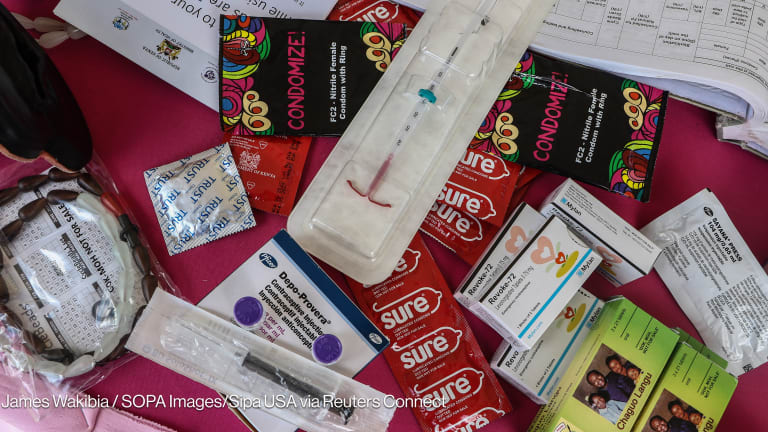More than 250 million women worldwide would like to be using modern contraceptives but are not. This figure is particularly egregious if we consider the leaps in scientific innovation and increase in supplies of safe and effective contraception the world has seen in recent years.
Too often, policymakers treat family planning as optional or secondary to other public health work. In fact, the proportion of women whose need for family planning has been satisfied by modern methods increased by only 2% in 10 years.
Today, half of all pregnancies are unintended, in part due to stigma, low levels of trust, and a lack of information. And many groups, including youth, unmarried people, and LGBTQI+ individuals, too often find they cannot legally obtain contraceptive methods at all.








